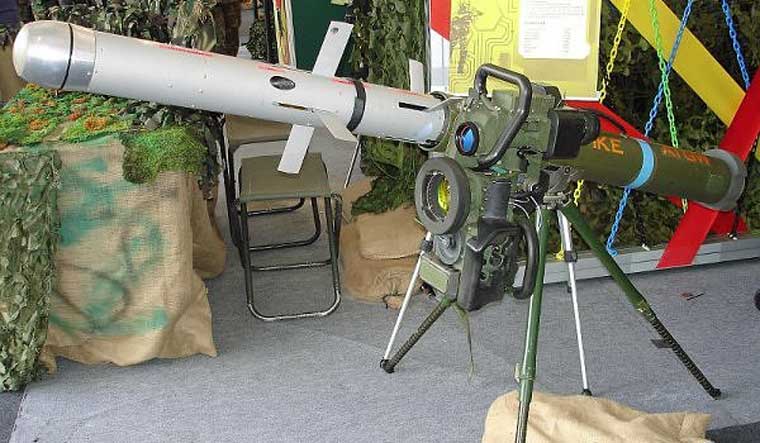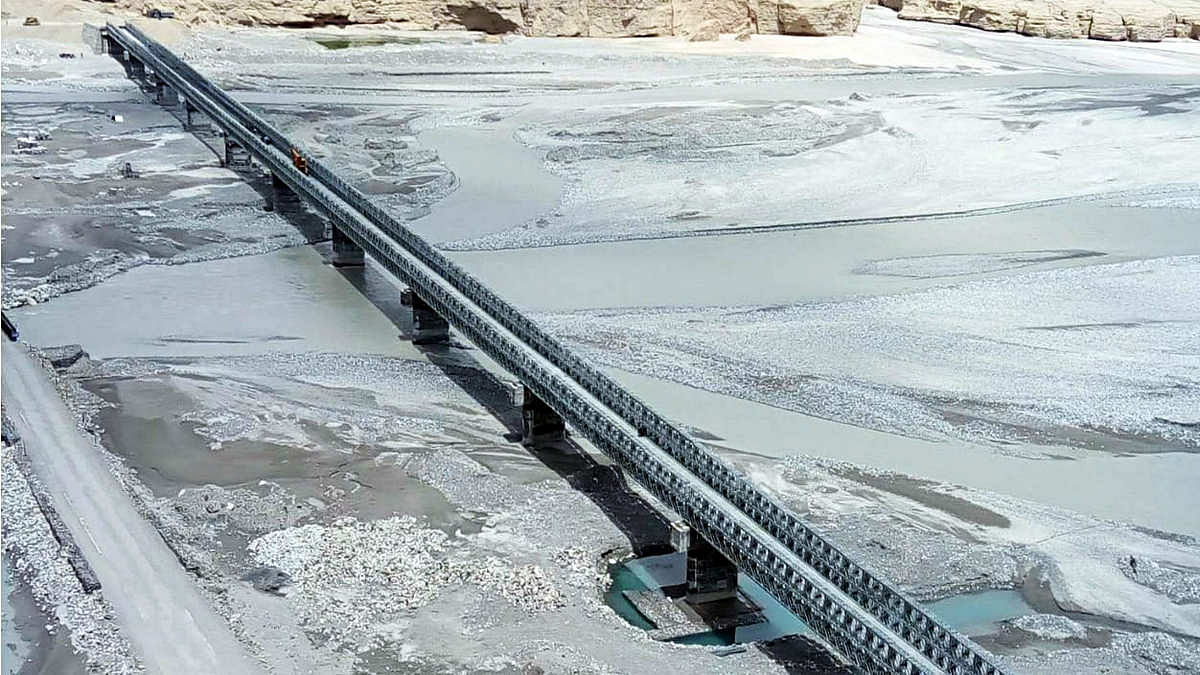multipolar world is a nice fantasy similar to the non aligned movement. Neither the
democratic countries or communst countries want a multipolar world , how
this will ever happen is a mystery??
World increasingly becoming multipolar, says Jaishankar
The 21st century world is increasingly becoming multipolar and is unlikely to return to bipolarity, External Affairs Minister S Jaishankar said on Tuesday
Press Trust of India
Washington
October 2, 2019UPDATED: October 2, 2019 09:04 IST
External Affairs Minister S Jaishankar
The 21st century world is increasingly becoming multipolar and is unlikely to return to bipolarity, External Affairs Minister S Jaishankar said here on Tuesday, predicting that a strategic appreciation of the emerging global landscape would bring India and the US closer.
Preparing for a more competitive and complex era will require a different mindset and for a nation like India, it would be in addition to changes induced by its climb up the global power hierarchy, Jaishankar told a Washington audience in a major foreign policy speech "Preparing for a Different Era".
The minister was addressing the gathering at the Centre for Strategic and International Studies, a top American think-tank.
As a broad approach, it will lead to the primacy of long-term thinking over short-term calculations, he said, adding it would encourage undertaking deep structural changes and ambitious socio-economic initiatives that can transform both habits and attitudes.
"In this world, what are presumed to be intractable challenges will have to be addressed, not ducked," he said, citing recent changes in Jammu and Kashmir as an example to this approach.
Emphasising upon the emergence of a multipolar global scenario, Jaishankar said it is difficult "foresee a return to a bipolar" world, even amid the sharpening contradictions between China and the West.
It is because the landscape has now changed irreversibly, he noted.
"Other nations are independently on the move, including India. Half of the twenty largest economies of the world are non-western now. Diffusion of technology and demographic differentials will also contribute to the broader spread of influence.
"We see the forces at play that reflect the relative primacy of local equations when the global construct is less overbearing," he said.
The minister traced the phenomena of emerging global multipolarity to origin the space yielded by the West.
"The reality is that the space yielded by the West has been filled by many players, not just China. Furthermore, both the US and China have a use for third parties and the politics of the day will now drive multipolarity even faster," Jaishankar said.
Considered as India's foremost strategic thinker, Jaishankar said the beneficiaries of the phenomena will be the G20powers and those of that level. Powers like Russia, France and UK having prior advantages will get a fresh impetus, he added.
"Some like India can aspire to an improved position. Others like Germany would increase their weight through collective endeavours,: said Jaishankar.
"But it will also be a world of a Brazil or a Japan, of a Turkey or an Iran, a Saudi Arabia or an Australia, each having a greater say in their vicinity and perhaps, even beyond. The dilution of alliance discipline will only further facilitate this process," he said.
The top Indian diplomat said the emerging global multipolar order will have a complex architecture with its own merit.
"What will emerge is a more complex architecture, characterized by different degrees of competition, convergence and coordination. It will be like playing Chinese Checkers with many more participants, but who are still arguing over the rules," said Jaishankar.
But he also listed the risks.
"A multipolar world that is intensely competitive and driven by balance of power is not without its risks. Europe, with its World War experiences, is especially chary. Even dominant powers favour such balancing only as a specific solution and not as a general approach. For that reason, international relations envisage collective security as a safety net," he said.
Even if that does not always work, broader consensus through wider consultations would function as Plan B, he said adding: "Those most unsettled at the prospect of multipolarity with weaker rules are the nations that have long functioned in the comfort of an alliance construct."
Unlike for the historically independent players, it is understandably difficult for them to accept that the compulsions of inter-dependence are a good enough substitute, he said.
"Others may contemplate this prospect with greater nervousness, but an India perhaps with a sense of opportunity as well. An individualistic world means that the entrenched order is more open to newer players. Long-standing group positions may become less rigid. That the format of play is also more bilateral strengthens the inclination to make accommodations," he said.
"This has been more in evidence in the security domain, especially maritime cooperation, counter-terrorism or in export controls. Whether it is the Indo-US nuclear deal, the partnership in Afghanistan or the Malabar Exercise, they reflect a departure from the old group-think to a more contemporary pragmatism. It could now extend to be the economic domain as well," Jaishankar said.
According to Jaishankar, as the world moved in the direction of greater pluralism, pragmatic result-oriented cooperation has begun looking attractive. India today has emerged as a leader among such multilateral groups, because it occupies both the hedging and the emerging space at the same time, said Jaishankar.
An ability to reconcile its security interests with its political and developmental ones allows it great maneuvering space, he said, adding: "The different era is one of focused agreements, specific agendas, flexible arrangements and greater customization. Comfort is the new commitment."
( i found this article interesting and gives some insights about multipolar world)








